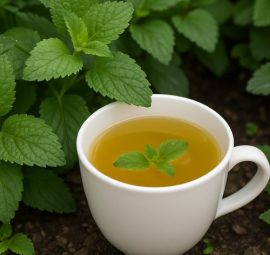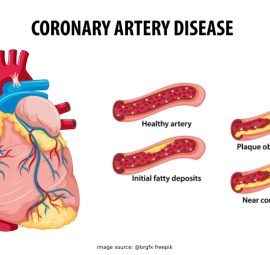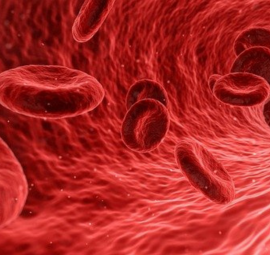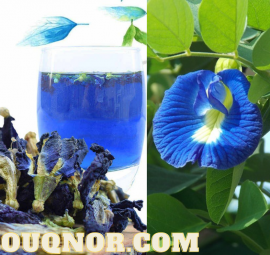Introduction to okra Okra is a perennial flowering plant that belongs to the Malvaceae family. Scientifically called Abelmoschus esculentus. It is a tropical herb, originated in Ethiopia and the plateau in Eritrea and the upper eastern part of Sudan. It is 1-2m long, grows better...
Read more
What is protein Proteins are large and complex biomolecules consisting of hundreds or thousands of smaller units called amino acids, which are connected to each other in long chains. It performs many and various functions in the parts of organisms. Some types of essential proteins...
Read more
What is Vitamin K? Vitamin K, discovered in 1929, is a fat-soluble vitamin needed for chemical modification of a small group of proteins with calcium-binding properties, commonly known as Gla proteins. The most important functions of vitamin K. The most important known role of Vitamin...
Read more
Rosemary Rosemary is a member of the Lamiaceae mint family, along with many other herbs, such as thyme, basil, and lavender. Rose Mary is a perennial plant that lives more than two years, and contains leaves in the form of needles and pink, white, blue,...
Read more
The mechanism of the occurrence of allergies When some people are allergic to foreign matter such as pollen, pet dander, food, or any other allergens, the immune system produces antibodies that can cause a reaction in some people, and these causes are identified as harmful,...
Read more
The most important functions of the liver, the diseases that may affect it, methods of preserving it
What is the liver? The liver is the largest vital organ and the largest gland in the human body. It performs more than 500 basic tasks. The liver consists of two lobes, the right lobe and the left lobe, and they are separated by a...
Read more
What is constipation? Constipation is a common problem in the digestive system that occurs in many people, where bowel movements are slow and difficult to pass waste out, and this condition may last for several days or several weeks. Symptoms of constipation Slow bowel movements....
Read more
What is vitamin D? It is considered one of the fat soluble vitamins. It is produced when the skin is exposed to the sun, from certain foods, or as a dietary supplement, and it is biologically inert. That is, it must be activated in the...
Read more
How important is the lungs? The importance of the lungs lies in the body obtaining the oxygen that is important for survival, and ridding the body of carbon dioxide gas. The lungs transport oxygen to the blood stream that carries it to all parts of...
Read more

 Turkish
Turkish العربية
العربية
















